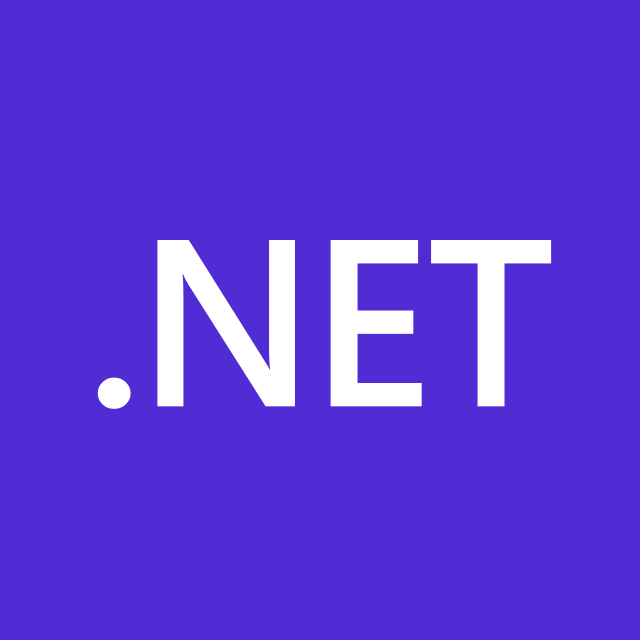Developing ASP.NET MVC Web Applications Innovation
COURTESY :- vrindawan.in
Wikipedia
ASP.NET MVC is a web application framework developed by Microsoft that implements the model–view–controller (MVC) pattern. It is no longer in active development. It is open-source software, apart from the ASP.NET Web Forms component, which is proprietary.

ASP.NET Core has since been released, which unified ASP.NET, ASP.NET MVC, ASP.NET Web API, and ASP.NET Web Pages (a platform using only Razor pages). MVC 6 was abandoned due to Core and is not expected to be released. Core is currently planned to merge into “.NET 5”.
Some well known sites that use ASP.NET MVC include Stack Overflow, Microsoft, Go Daddy and Ancestry.com.
Based on ASP.NET, ASP.NET MVC allows software developers to build a web application as a composition of three roles: Model, View and Controller. The MVC model defines web applications with 3 logic layers:
- Model (business layer)
- View (display layer)
- Controller (input control)
A model represents the state of a particular aspect of the application. A controller handles interactions and updates the model to reflect a change in state of the application, and then passes information to the view. A view accepts necessary information from the controller and renders a user interface to display that information.
In April 2009, the ASP.NET MVC source code was released under the Microsoft Public License (MS-PL).
“ASP.NET MVC framework is a lightweight, highly testable presentation framework that is integrated with existing ASP.NET features. Some of these integrated features are master pages and membership-based authentication. The MVC framework is defined in the System.Web.Mvc assembly.”
The ASP.NET MVC framework couples the models, views, and controllers using interface-based contracts, thereby allowing each component to be tested independently.
In March 2012, Scott Guthrie announced on his blog that Microsoft had released part of its web stack (including ASP.NET MVC, Razor and Web API) under an open source license (Apache License 2.0).
Guthrie wrote that “Doing so will enable a more open development model where everyone in the community will be able to engage and provide feedback on code checkins, bug-fixes, new feature development, and build and test the products on a daily basis using the most up-to-date version of the source code and tests.”
The source code now resides on Code Plex. ASP.NET Web Forms was not included in this initiative for various reasons.
The view engines used in the ASP.NET MVC 3 and MVC 4 frameworks are Razor and the Web Forms. Both view engines are part of the MVC 3 framework. By default, the view engine in the MVC framework uses Razor .cshtml and .vbhtml, or Web Forms .aspx pages to design the layout of the user interface pages onto which the data is composed. However, different view engines can be used. Additionally, rather than the default ASP.NET Web Forms post back model, any interactions are routed to the controllers using the ASP.NET Routing mechanism. Views can be mapped to different URLs.
